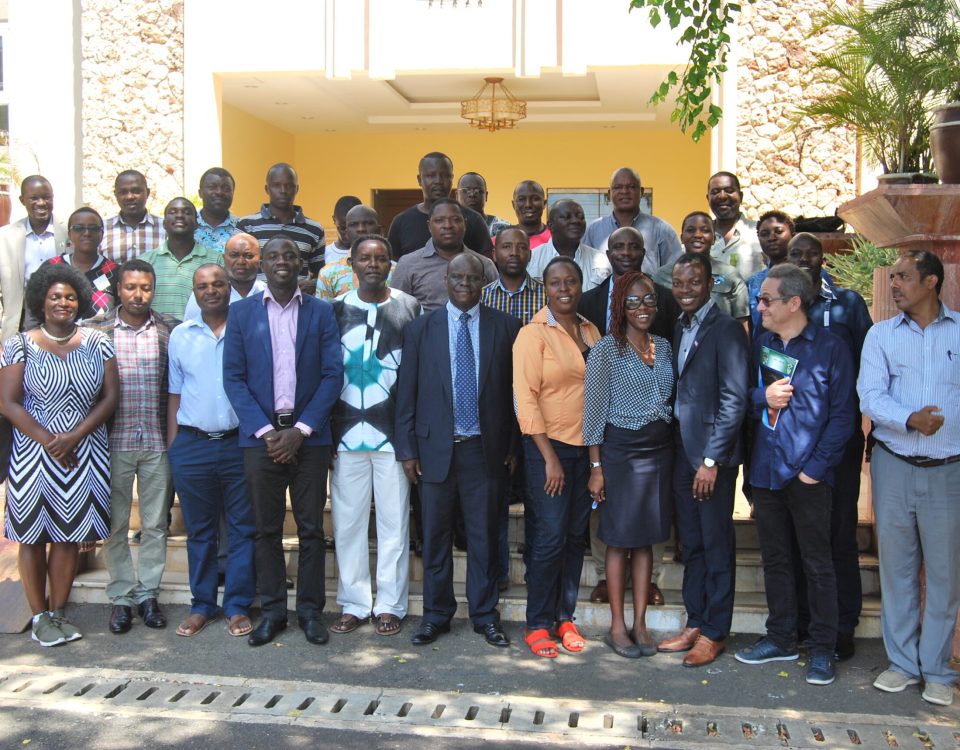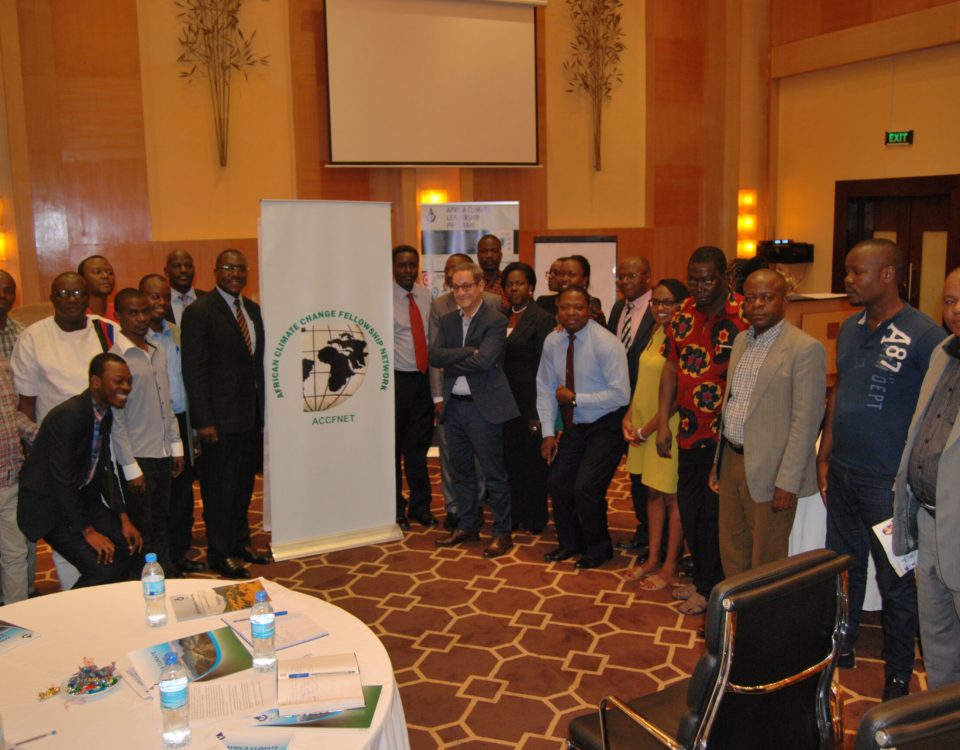Advancing the Growing Global Prioritisation of Health in Climate Negotiations for Climate Resilient Health Systems in Africa

African Climate Leaders (AfriCLead) Achievements in 2023
January 31, 2024Advancing the Growing Global Prioritisation of Health in Climate Negotiations for Climate Resilient Health Systems in Africa
Context
Climate change is one of the leading crises in the 21st century, with far-reaching implications on human health and food security. Particularly, African communities are disproportionately vulnerable to climate risks, as driven by a combined effect of its geographical location in hotter parts of the planet, broad dependence on climate-sensitive natural resources and rainfed agriculture. This is exacerbated by relatively lower adaptive capacities and associated socio-economic inequalities that come with unprecedented adversities on public health.
Direct and indirect effects of climate change on health in Africa can be estimated through its implications for undernourishment, diarrhoea, heat-related mortalities and vector-borne diseases such as malaria, dengue fever, malaria, lymphatic filariasis, onchocerciasis, schistosomiasis, African trypanosomiasis, Rift Valley fever and yellow fever. Research indicates that temperature rise, and high rainfall strongly facilitate the transmission, frequency, severity, and geographical presence of infectious diseases, and the emergence of new diseases in the region. This explains the high prevalence of such diseases which also directly bear on tropical climate areas, typical of the SubSaharan African climate. About 93% of global malaria deaths in 2017, occurred in Africa, with children and pregnant women most affected. Moreover, projections show that between 2030 and 2050, climate change will claim an additional 250,000 lives annually due to infectious diseases, undernutrition, diarrhoea, and heat stress; a majority of whom will be in Africa. Map of Sub-Saharan Countries by Climate and Health Hotspot. 88% (42 of 48) of Sub-Saharan countries rank amongst the most at-risk for negative health outcomes associated with climate change. Source: World Bank, 2017. Climate change also plays and important role in food insecurity and malnutrition-driven health risks in the region. For instance, studies have indicated that temperature and moisture influence fungal growth and aflatoxin production in cereals and legumes. Consumption of these food contaminants inhibits growth in infants. Furthermore, UNICEF has indicated climate risks in Kenya and Somalia have put over 6.4 million children at risk due to malnutrition and diseases. The World Food Program projected that climate-effect on food insecurity and malnutrition at household, national and regional levels will be much higher in the region by the end of the 21st century, with climate risks causing a 20% rise in hunger and malnutrition risks by 2050 if the global community fails to urgently address climate risks.



